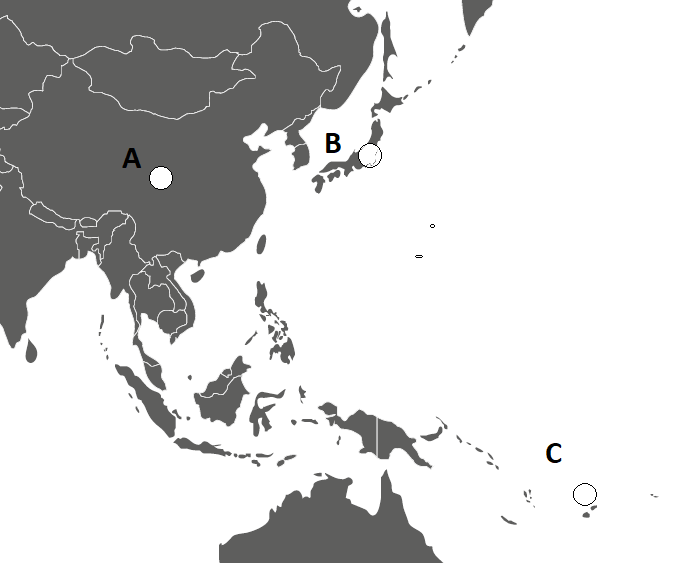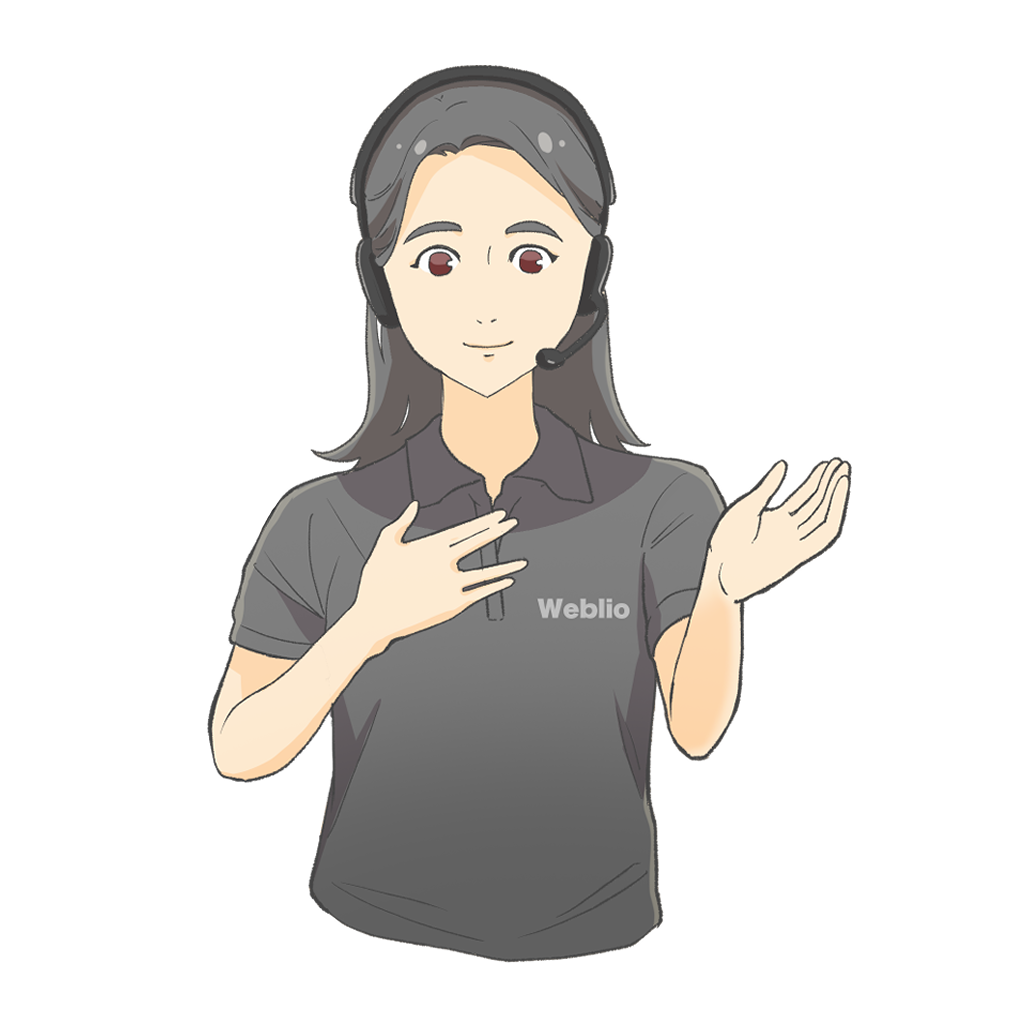
Today’s GOALS
Let’s have a look at the goals for today.
“Climate Action” is the topic of this unit.
“Climate Action” is the topic of this unit.
Today’s Goals
■ Learn the vocabulary and expressions related to climate action
■ Get to know and share your thoughts on the countries taking climate action
■ Deepen your knowledge of the issues of climate change by reading passages
■ Get to know and share your thoughts on the countries taking climate action
■ Deepen your knowledge of the issues of climate change by reading passages
Part A Self introduction
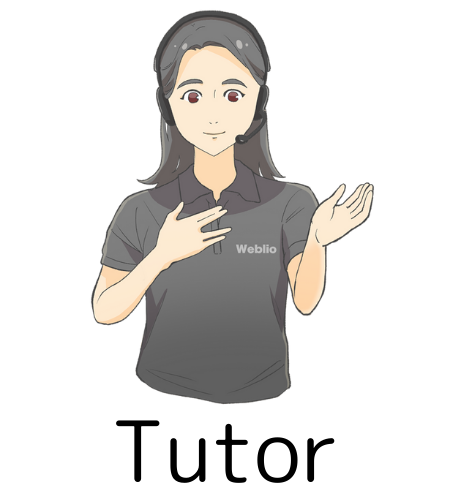
Part A_1 Self introduction
Let’s introduce ourselves to each other.
My name is ________. What is your name?
Part A_2 Self introduction
I am ________. Nice to meet you.
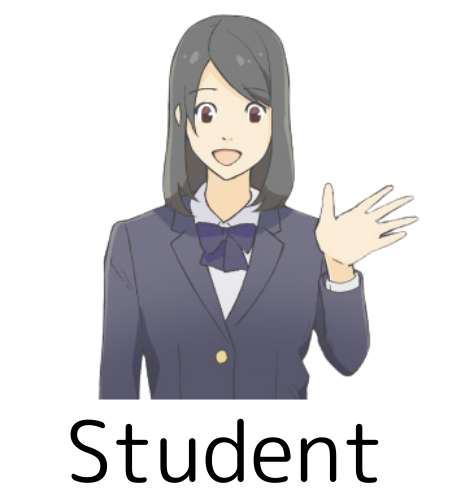

Part A_3 Self introduction
Nice to meet you too, ________.
Let’s get started.
Let’s get started.
Part B Review
Review of the previous lesson

Part B_1 Review
Please read aloud the passage below.
Part B_2 Review
Education
Typically, primary education is designed for children aged 6 to 11 years old, and it is a basic right for every child. It plays an important role in reducing extreme poverty and promoting social change.
In 2019, roughly four out of every five children completed primary school. But 58 million children of primary school age remain out of school. The majority of them come from low-income communities.
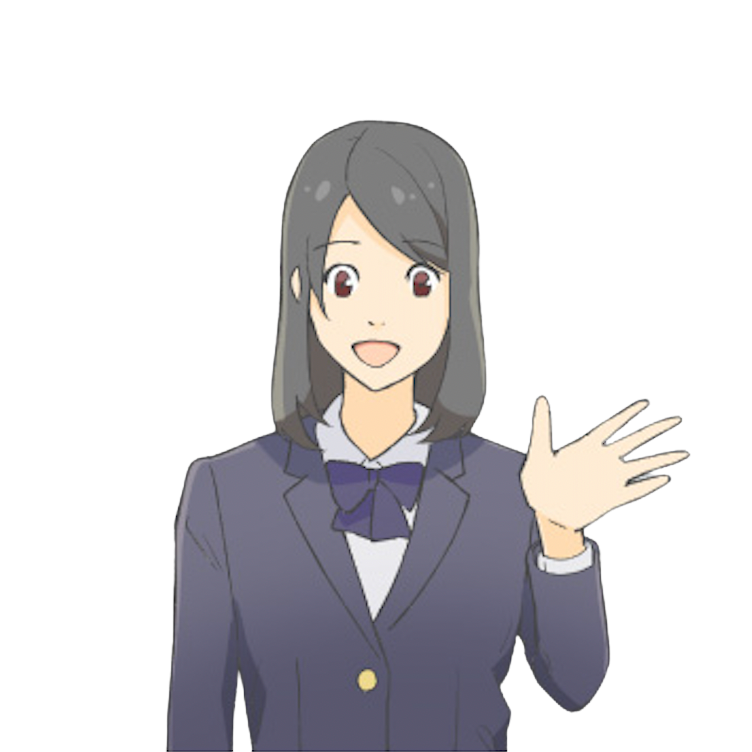

Part B_3 Review
I will ask the following questions. Please answer based on the passage. I will check if your answers are appropriate.

Part B_4 Review
| 1. | Where do the majority of out-of-school children come from? |
Part B_5 Review
| The majority of out-of-school children come from ____________. |


Part B_6 Review
Now, let’s review your answers.
Part B_7 Review


Part B_8 Review
So far, we reviewed the previous lesson topic, “Quality Education”. Do you have any questions?
In the next part, we are going to learn about “Climate Action”.
In the next part, we are going to learn about “Climate Action”.
Part C Description
Get to know other countries’ situations

Part C_1 Description
Find out where Fiji is located.
| 1. | Where is Fiji? A, B or C? |
Part C_2 Description
| The answer is _________. |


Part C_3 Description
Please look at and study the pictures below. These are pictures from Japan and Fiji. I will ask you a question.
(Give the student at least 20 seconds to study both pictures.)

Part C_4 Description
| 2. | What can you see in the pictures? Please describe as many as you can from each picture. |
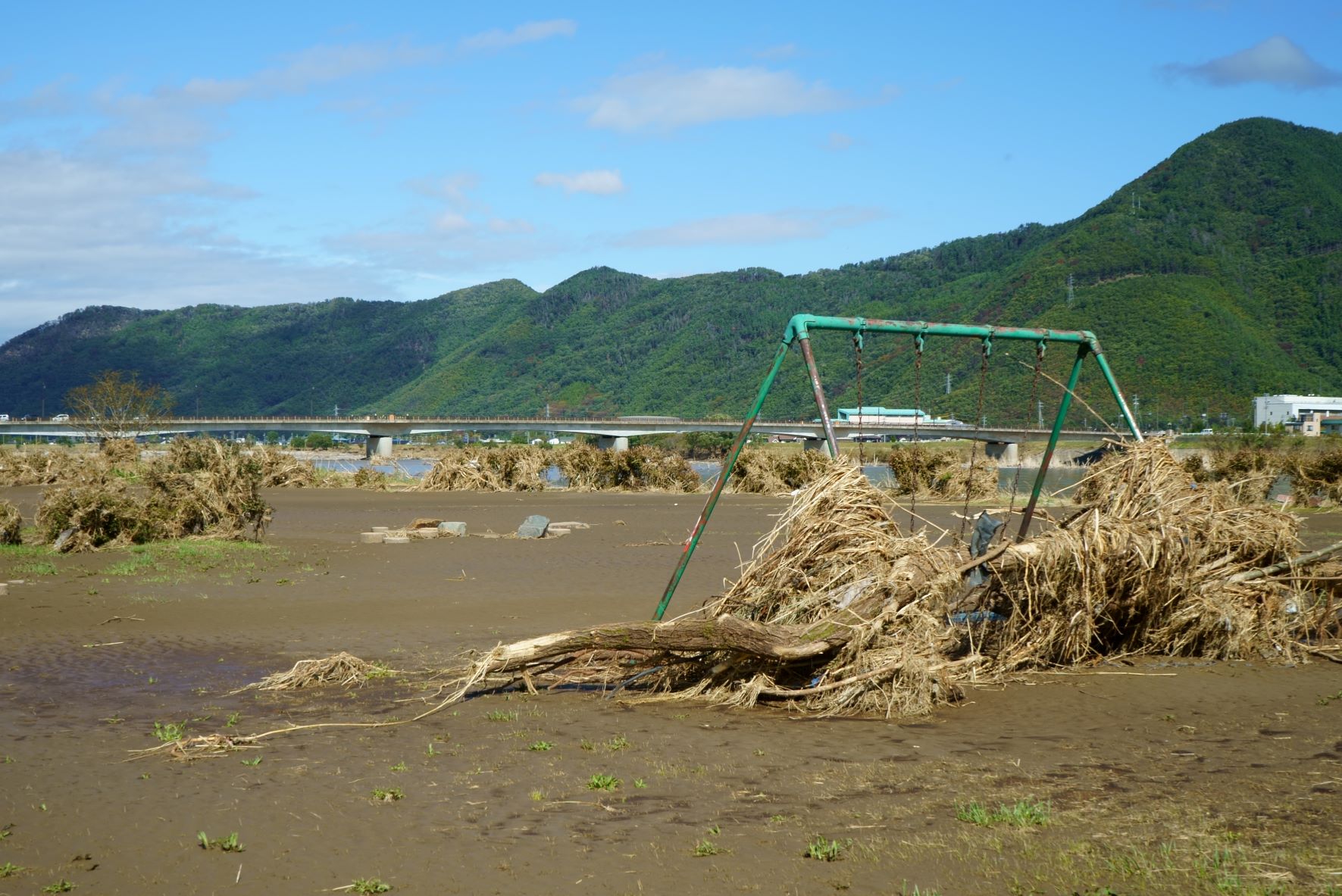 |
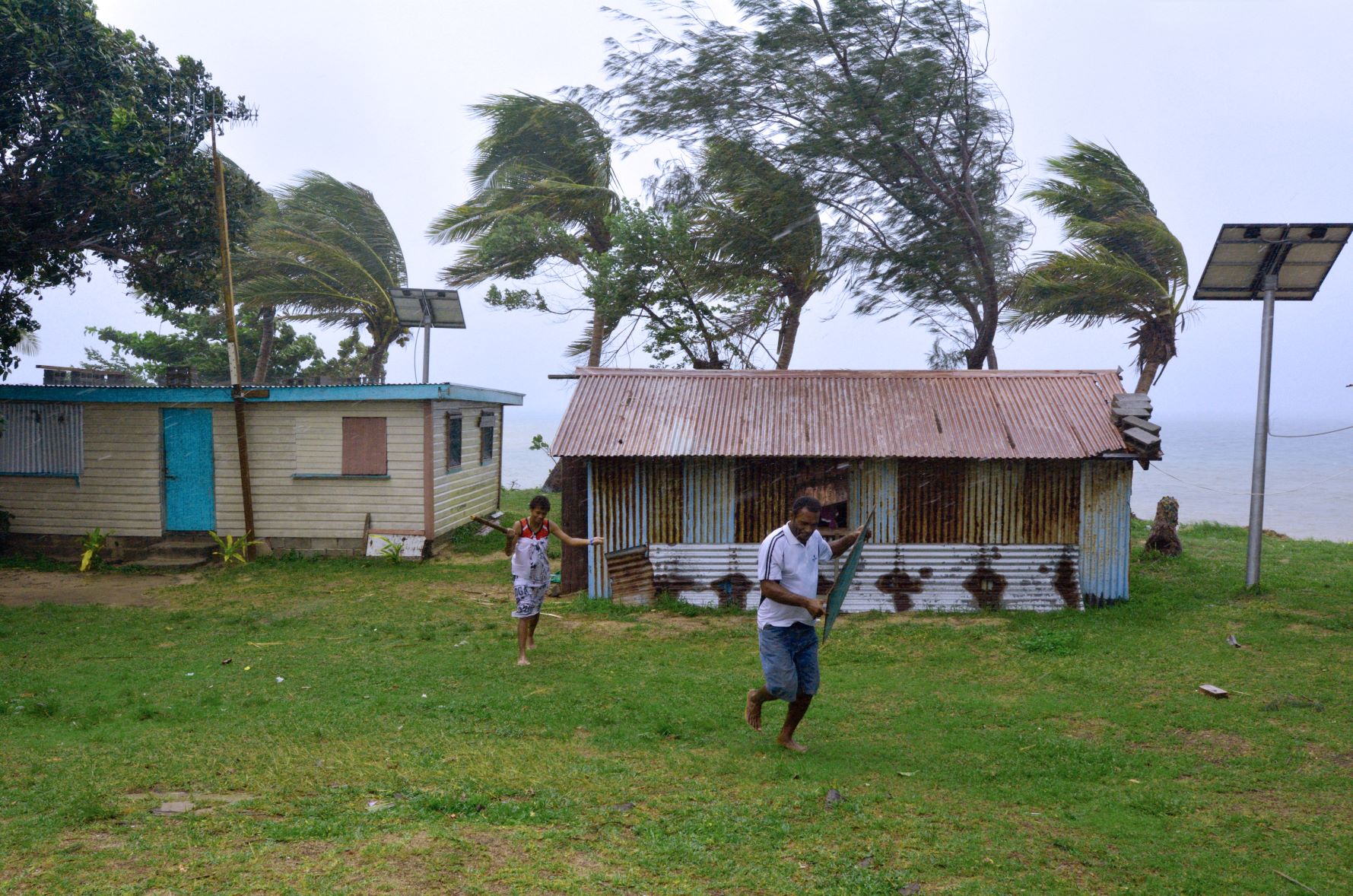 |
Part C_5 Description
| Answer: |


Part C_6 Description
Now, let’s review your answers.
Part C_7 Description


Part C_8 Description
Did you get any images of impacts of climate change? If you have anything you don’t know well, please keep researching after the lesson.
Part D Vocabulary
Learn the vocabulary and phrases related to the topic

Part D_1 Vocabulary
We’ll read aloud the words and sample sentences below. Please repeat after me. I will check your pronunciation.
Part D_2 Vocabulary
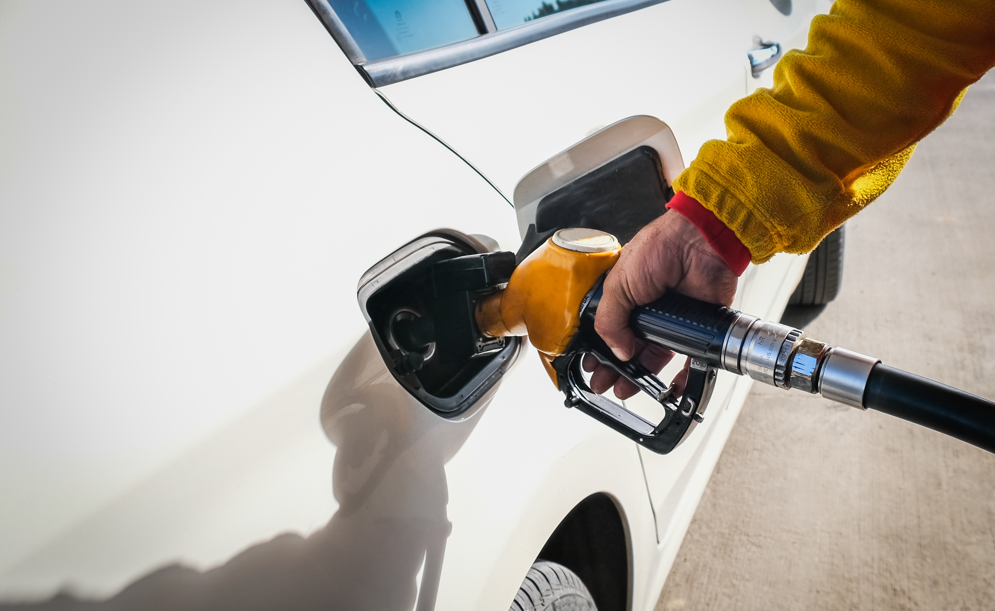 |
fossil fuel 化石燃料
Fossil fuel could be used up one day.
|
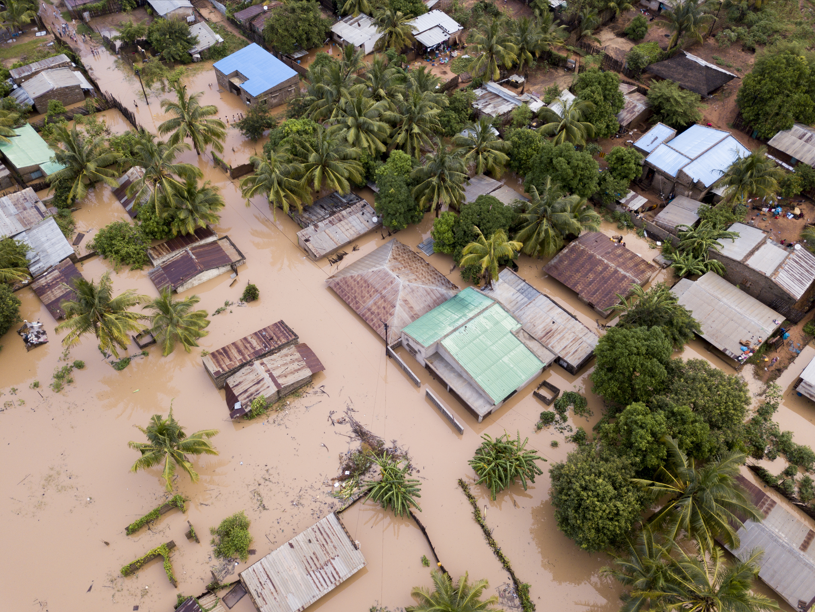 |
flooding 洪水
The rain caused flooding, which washed out bridges and covered highways.
|
 |
agreement 協定
An agreement that satisfied both parties was made to resolve the conflict.
|
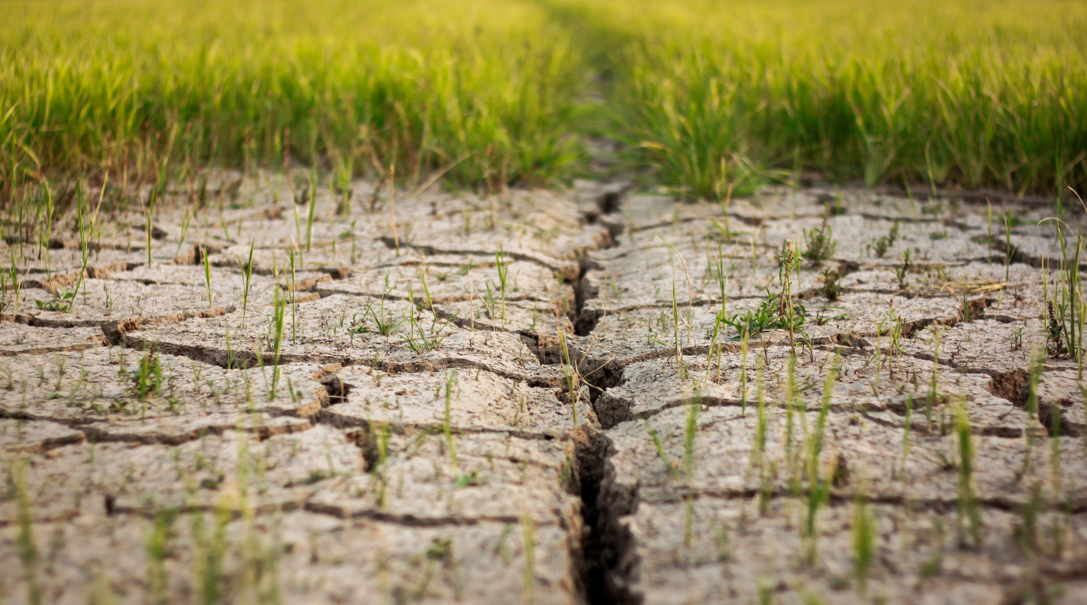 |
degradation 劣化
What should be done to prevent land degradation?
|

Part D_3 Vocabulary
Now, let’s review some words from part D_2.
(Please review the mispronounced words and expressions from part D_2.)
Part D_4 Vocabulary


Part D_5 Vocabulary
Please look at the pictures below. Now, fill in the blanks with the words you learned and read aloud the complete sentences.
(Please give the student time to answer.)
Part D_6 Vocabulary
| 1. | The Earth’s ______________ reserves are limited. |
| 2. | Heavy rain has caused severe ____________ in some areas. |
| 3. | Finally, management and employees came to an _______________. |
| 4. | Land _________________ leads to poor crops. |


Part D_7 Vocabulary
Now, let’s review your answers.
Part D_8 Vocabulary


Part D_9 Vocabulary
Do you have any questions about the meaning of words?
Then, let’s move on to the next part.
Then, let’s move on to the next part.
Part E Reading
Learn the facts about the topic and the countries that are related to it

Part E_1 Reading
Please read aloud the first passage below.
Part E_2 Reading
The Impacts of Climate Change
Since the 1800s, human activities have been the primary cause of climate change due to the use of fossil fuels such as coal, oil, and gas. As a result, the Earth’s temperature has risen by about 1.1 °C (degrees Celsius) since the late 1800s.
Climate change is now causing severe droughts, scarcity of water , devastating fires, rising sea levels, flooding, melting polar ice, catastrophic storms, and a decline in biodiversity. Climate change has an impact on our health, food production, housing, safety, and employment.


Part E_3 Reading
I will ask the following questions. Please answer based on the passage. I will check if your answers are appropriate.

Part E_4 Reading
| 1. | According to the passage, what has been the primary cause of climate change since the 1800s? |
Part E_5 Reading
| Answer: |


Part E_6 Reading
| 2. | What is the impact of climate change on ourselves? |
Part E_7 Reading
| Answer: |


Part E_8 Reading
Please read aloud the second passage below.
Part E_9 Reading
What We Have Achieved So Far
The Paris Agreement is an international framework for climate change issues after 2020. It requires all participating countries and regions, including developing countries, to set carbon neutrality targets. 137 countries have taken an important step forward by agreeing to stop forest loss and land degradation by 2030.
Furthermore, more than 30 countries, six major vehicle manufacturers and other players such as cities, have stated their intention for all new car sales worldwide to be zero-emission by 2040.
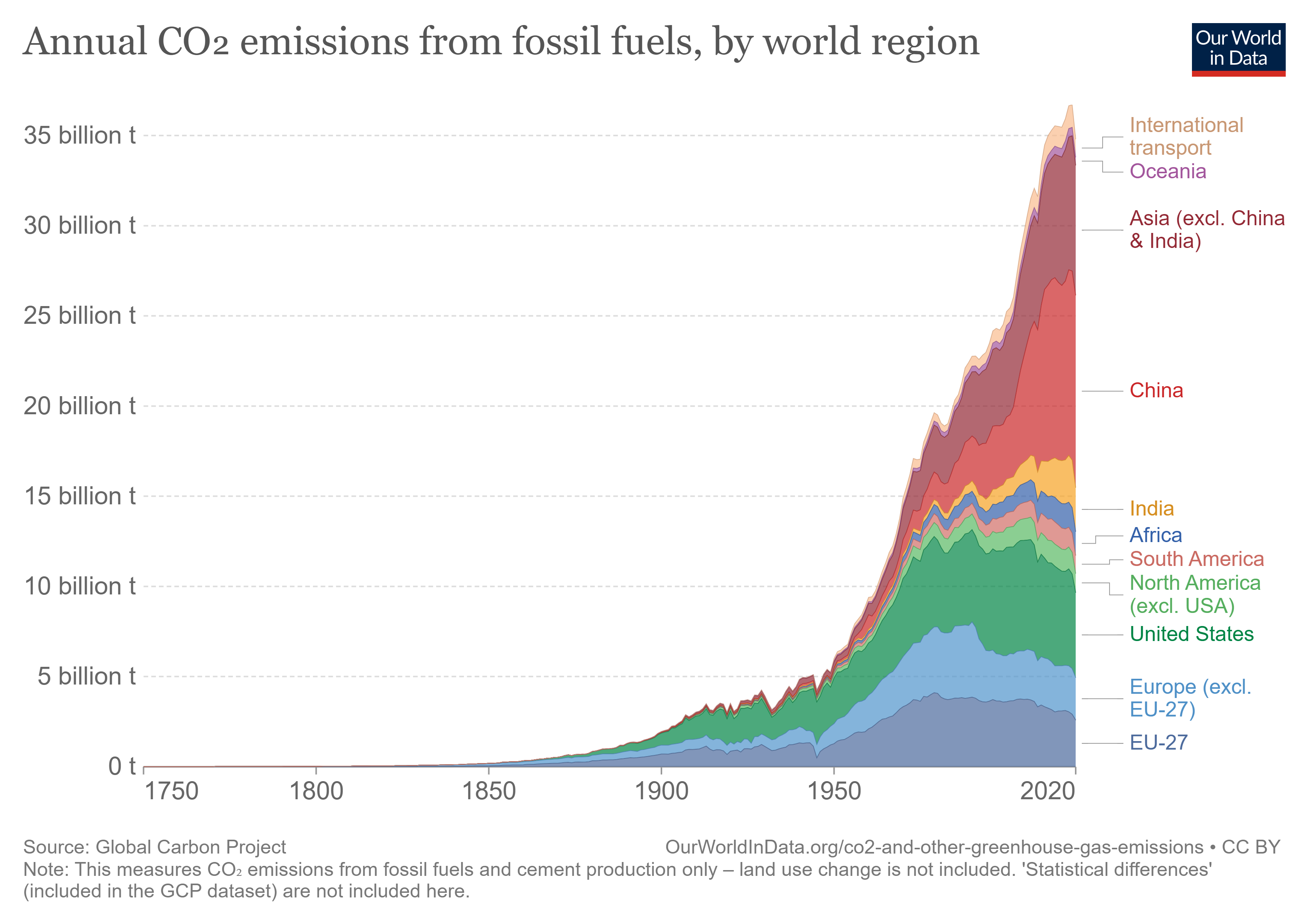


Part E_10 Reading
I will ask the following questions. Please answer based on the passage. I will check if your answers are appropriate.

Part E_11 Reading
| 1. | What is the Paris Agreement? |
Part E_12 Reading
| Answer: |


Part E_13 Reading
| 2. | How many countries have stated their intention for all new car and van sales in the world to be zero-emission by 2040? |
Part E_14 Reading
| Answer: |


Part E_15 Reading
Now, let’s review your answers.
Part E_16 Reading


Part E_17 Reading
Did you understand the situation and facts about climate action? If you have any questions, please ask me.
Part F Opinion
Think about the topic as your own

Part F_1 Opinion
Please answer the questions below. You can share your opinions.
(It’s okay if the student’s answers are not complete sentences. To share his/her opinions is the goal for this part.)

Part F_2 Opinion
| 1. | What is the effect of climate change you are most concerned about? Why? |
Part F_3 Opinion
| Answer: |


Part F_4 Opinion
| 2. | How can you reduce water waste in your everyday life? Please explain it in detail. Anything small is fine. |
Part F_5 Opinion
| Answer: |


Part F_6 Opinion
Thank you for sharing your opinions. Let us continue to learn and think about climate action, and then take action to solve them.
